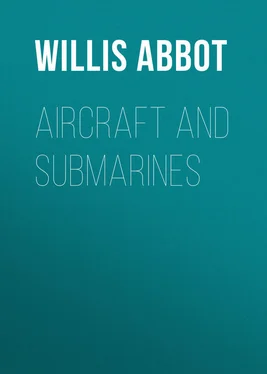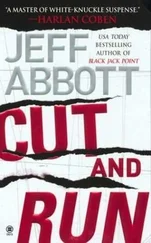From the moment they found that they had hit upon the secret of raising, supporting, and propelling an airplane, the Wrights made of their profession a matter of cold business. In many ways this was the best contribution they could possibly have made to the science of aviation, though their keen eye to the main chance did bring down on them a certain amount of ridicule. Europe laughed long at the sang-froid with which Wilbur Wright, having won the Michelin prize of eight hundred pounds, gave no heed to the applause which the assembled throng gave him as the money was transferred to him with a neat presentation speech. Without a word he divided the notes into two packets, handed one to his brother Orville, and thrust the other into his own pocket. For the glory which attended his achievement he cared nothing. It was all in the day's work. Later in the course of trials of a machine for the United States Government at Fort Myer, just across the Potomac from Washington, the Wrights seriously offended a certain sort of public sentiment in a way which undoubtedly set back the encouragement of aviation by the United States Government very seriously.
In 1909, they had received a contract from the government for a machine for the use of the Signal Service. The price was fixed at $25,000, but a bonus of $2500 was to be paid for every mile above forty miles an hour made by the machine on its trial trip. That bonus looked big to the Wrights, but it cost the cause of aviation many times its face value in the congressional disfavour it caused. Aviation was then in its infancy in the United States. Every man in Congress wanted to see the flights. But Fort Myer, whose parade was to be the testing ground, was fully fourteen miles from the Capitol, and reached only most inconveniently from Washington by trolley, or most expensively by carriage or automobile. Day after day members of the House and Senate made the long journey across the Potomac. Time and again they journeyed back without even a sight of the flyer in the hangar. One after another little flaws discovered in the machine led the aviators to postpone their flight. Investigating statesmen who thought that their position justified them in seeking special privileges were brusquely turned away by the military guard. The dusk of many a summer's night saw thousands of disappointed sightseers tramping the long road back to Washington. The climax came when on a clear but breezy day Wilbur Wright announced that the machine was in perfect condition and could meet its tests readily, but that in order to win a bigger bonus, he would postpone the flight for a day with less wind. All over Washington the threat was heard that night that Congress would vote no more money for aviation, and whether or not the incident was the cause, the sequence was that the American Congress was, until the menace of war with Germany in 1916, the most niggardly of all legislative bodies in its treatment of the flying corps. When the Wrights did finally fly they made a triumphant flight before twelve thousand spectators. The test involved crossing the Potomac, going down its north side to Alexandria, and then back to Fort Myer. Ringing cheers and the crashing strains of the military band greeted the return of the aviator, but oblivious to the enthusiasm Wilbur Wright stood beside his machine with pencil and pad computing his bonus. It figured up to five thousand dollars, and the reporters chronicled that the Wrights knew well the difference between solid coin and the bubble of reputation.
Конец ознакомительного фрагмента.
Текст предоставлен ООО «ЛитРес».
Прочитайте эту книгу целиком, купив полную легальную версию на ЛитРес.
Безопасно оплатить книгу можно банковской картой Visa, MasterCard, Maestro, со счета мобильного телефона, с платежного терминала, в салоне МТС или Связной, через PayPal, WebMoney, Яндекс.Деньги, QIWI Кошелек, бонусными картами или другим удобным Вам способом.












